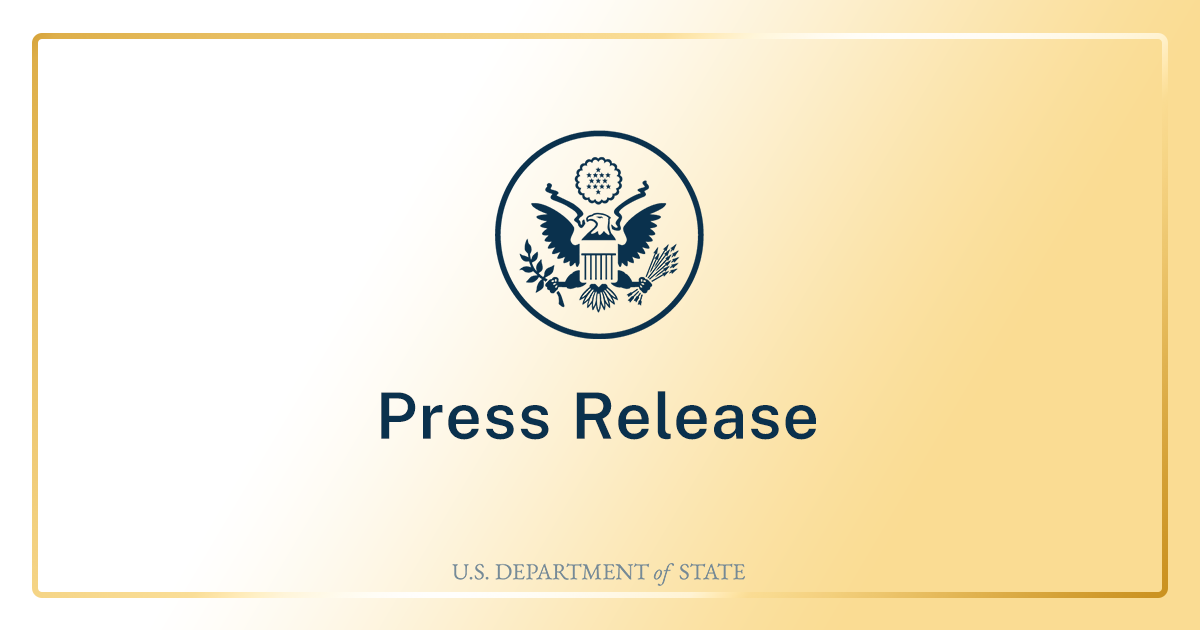The Belgian government on Thursday presented measures to fight increased drug trafficking and violence at the Port of Antwerp, ranging from checks of port workers to steep fines for users.
The package “has to make drug trafficking physically harder, financially unprofitable, and also reduce the demand for drugs,” Prime Minister Alexander De Croo said.
Drug-related violence is on the increase across Belgium — and particularly in the city of Antwerp, which houses the country’s largest port, and where a young girl died in a shooting last month.
The violence has now reached “the phase of narco-terrorism, where the underworld is now increasingly turning to the ‘upper world,’ threatening people and infiltrating. And that’s happening in Antwerp … but we also see more and more incidents all over the country. It’s not just about cocaine, it’s about XTC labs; we’re also seeing revenge killings in Liège and elsewhere,” said Justice Minister Vincent Van Quickenborne.
The government’s measures include a bolstered police presence in ports and a ramp-up of scanning infrastructure to allow customs to screen all suspicious containers passing through Belgian ports. It also wants to allow local authorities to close businesses used to launder drug money.
The government wants to screen all port workers’ criminal records as well as their financial status — part of an effort to counter bribes. Those checks will cover workers in all of Belgium’s ports, including inland ports, and staff, including dockworkers, but also IT workers — altogether some 16,000 people, Van Quickenborne said.
The government also wants to ramp up fines for cocaine users to €1,000 — or alternatively, impose rehab. “Fines for users have to be tied to the impact drugs have on our society,” De Croo said, adding: “The societal damage of drug use is huge.”
The government will also increase pressure on the United Arab Emirates to extradite people involved in trafficking. Belgium signed an extradition deal with the UAE in 2021, but Dubai has rejected requests to extradite Nordin El Hajjioui, who’s been charged with coordinating cocaine trafficking in Antwerp. Van Quickenborne pointed to a “lack of willingness” in the UAE, but also Turkey and Morocco.
“We will not accept that there are countries that are free havens to protect those kinds of drug criminals,” he said.
The government is planning to name a national drug commissioner on Friday, who’ll be charged with coordinating the fight against the production and trade of drugs and drug-related violence.
The Belgian ministers are meeting with their Dutch counterparts, the ports and mayors of Antwerp and Rotterdam, and the world’s largest shipping companies on Friday to discuss the measures.




